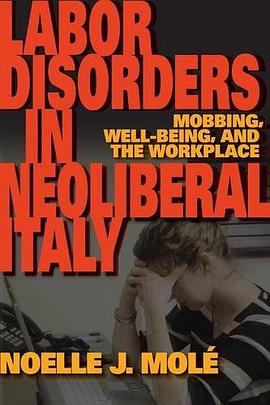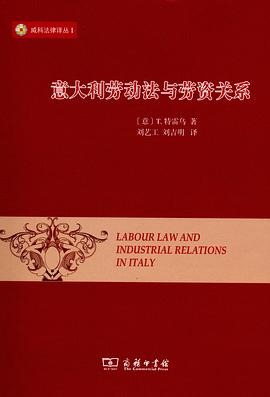

This is a book about Washington Consensus capitalism and the controversies its encroachment causes in Japan and Germany. Many people in both those countries share the assumptions dominant today in Britain and America-that managers should be intent solely on creating shareholder value and that shareholders' financial logic alone should determine who buys what company on the stock exchange. That way efficiency (and hence global welfare) will be maximized. The Japanese and German advocates of full-bloodied market capitalism are not having it all their own way, however. In both countries there are articulate defenders of what they consider to be a better way of life, informed by a more human, more social-solidary, set of values. Dore traces the fascinating debates which ensue on corporate governance, on worker rights, on supplier relations, on cartels and anti-trust, on pensions and welfare. He also analyses actual changes in economic behaviour-an essential means of sorting out a lot of the muddle and double-talk not just in the internal debates themselves, but even more in the foreign reporting of them. These accounts of the battle for the national soul in Japan and Germany constitute one of the finest contributions to the 'diversity of capitalism' debate. Dore's account should be read by anyone who is interested to know whether, for all the talk of globalization, that diversity is going to survive.
具體描述
讀後感
評分
評分
評分
評分
用戶評價
相關圖書
本站所有內容均為互聯網搜索引擎提供的公開搜索信息,本站不存儲任何數據與內容,任何內容與數據均與本站無關,如有需要請聯繫相關搜索引擎包括但不限於百度,google,bing,sogou 等
© 2025 qciss.net All Rights Reserved. 小哈圖書下載中心 版权所有




















